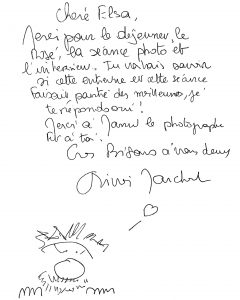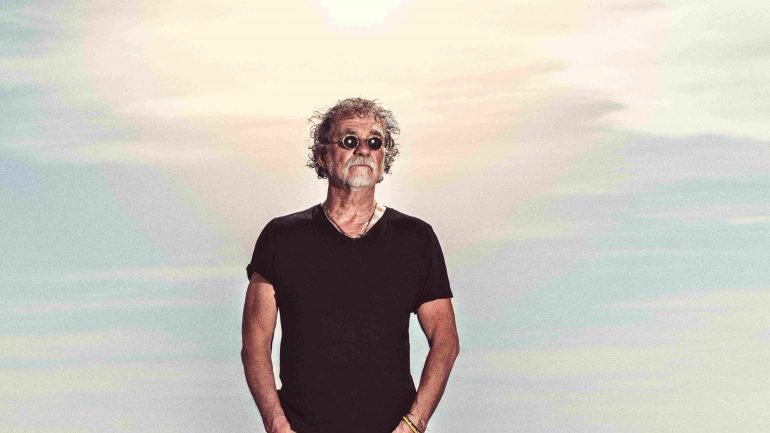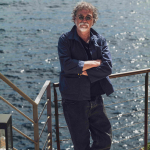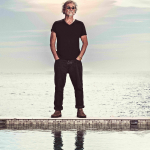You went from the police force to cinema: what drove you to depict street violence and reality on screen?
I joined the criminal investigation unit at 21 and was quickly thrown into cases involving murder, kidnappings, and child abuse. I realized that “monsters” truly exist far from cinematic clichés. After witnessing the murder of my partner and experiencing the trauma of autopsies, I began filling notebooks to exorcise the horrors I’d seen. Leaving the police and transitioning to cinema felt like a natural continuation: putting those truths down on paper and then on screen, to bear witness and raise awareness without ever sugar-coating the reality.
Your style is dark, realistic, and deeply human. What continues to fuel your inspiration today?
My inspiration first comes from writing and the books I devoured in my youth, Chandler, Thompson, Frédéric Dard worlds full of melancholy losers and raw, uncompromising investigations. Today, it’s also my upcoming projects that keep the fire alive: an adaptation of an American play for Jeff Bridges, a noir novel in the works, and an epic series based on a graphic novel about World War I as a tribute to my grandfathers. Every new script, every written line is a way to preserve memory and transform reality through fiction.
In Pax Massilia, you return to Marseille, a classic city for crime stories. What drew you to this project?
Marseille struck me during my first investigation there in the ’80s, the light over the port, the raw energy of the neighborhoods, the warmth of the people. Unlike Paris, where indifference and chaos now reign, Marseille remains open: you can make friends over a coffee in just minutes. It’s a city of contrast tough and welcoming and it provides the perfect setting for an authentic crime drama grounded in real life and human connection.
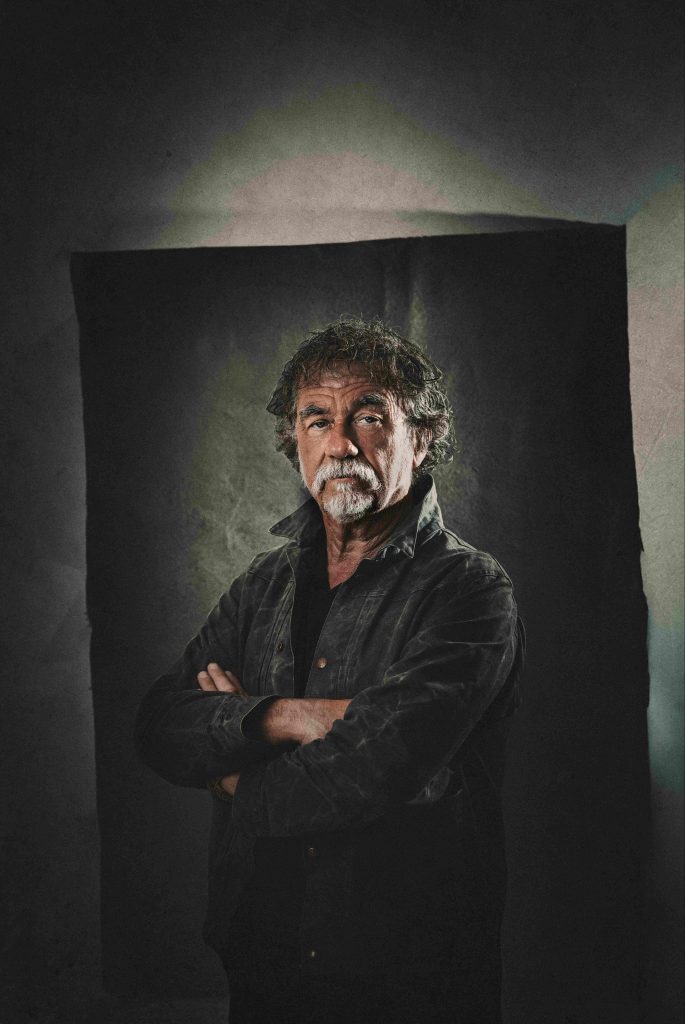
How did the Pax Massilia shoot go? Any memorable anecdotes?
The shoot was infused with Marseille’s spontaneity and warmth. Honestly, Marseille itself is an anecdote! I love this city where one morning we set up our cameras at a café, and within five minutes, regulars at nearby tables became extras. Every day brought surprises a passerby cast on the spot, a shopkeeper offering up his lobby for a scene… That Southern hospitality and festive spirit turned the set into a kind of living, breathing street carnival.
Between director, actor, and former cop, which part of you takes the lead today?
Without a doubt, it’s the writer-director. While I started out as an actor and gained recognition through TV, it was 36 Quai des Orfèvres that truly shaped my career. Moving behind the camera gave me control over storytelling and directing, allowing me to bring my vision to life and earn the trust of producers and audiences. Today, it’s that role as a complete creator that defines me most.
With the rise of crime series on streaming platforms, how do you see the genre evolving and your place within it?
Crime fiction must strike a balance between raw truth and cinematic craft. Audiences crave both gritty realism and the dreamlike allure of film striking visuals, tight pacing, emotional intensity. My place is to keep drawing from my experience as a cop to enrich the storytelling, while also offering an ambitious visual language. It’s about exposing violence while also elevating reality to captivate and move people.
Would you say you’re more driven by reason or passion?
I’m a passionate man, through and through. My Judeo-Christian upbringing and the sense of duty instilled by my father taught me discipline and a fierce work ethic. I started earning my living with him at 13. But it’s passion that fuels my choices, my collaborations, and my sleepless nights writing. Without that fire, I couldn’t create or move forward.
What would you like to wish the readers of LiFE Magazine?
Above all, I wish them happiness and optimism a summer full of discovery and emotion. And most importantly, I hope they won’t be bored reading this, because I always speak from the heart!
